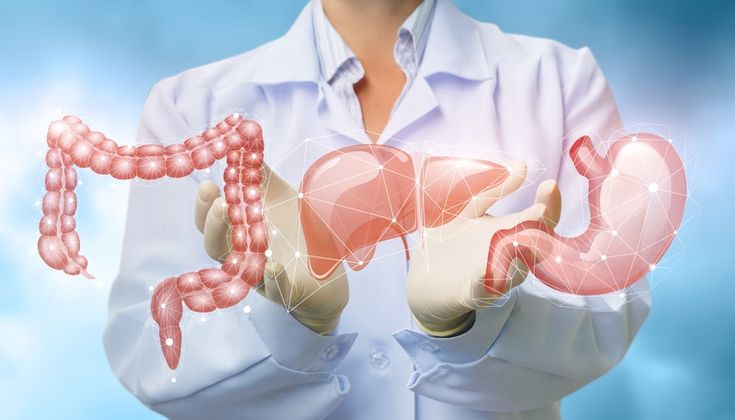Liver Care

Liver Care
Our liver clinics specialize in diagnosing, managing, and treating liver-related conditions, including hepatitis, fatty liver disease, cirrhosis, liver cancer, and liver failure. Lead by hepatologist and multidisciplinary teams, these clinics provide comprehensive care, from routine liver function tests to advanced imaging and biopsies.
we often offer services such as antiviral treatments, lifestyle counseling, transplant evaluations, and post-transplant care. Liver clinics aim to improve outcomes by focusing on early detection and personalized treatment plans. Patients with risk factors like alcohol use, obesity, or viral hepatitis benefit from regular monitoring and expert guidance provided by these dedicated centers.
Diagnosis involves:
- Blood tests (liver function tests, viral hepatitis screening)
- Imaging studies (ultrasound, CT scan, MRI)
- Liver biopsy (to examine a tissue sample)
- Fibroscan (to measure liver stiffness)
Treatment depends on the specific condition and can include:
- Antiviral medications (for hepatitis B and C)
- Lifestyle changes (diet, exercise, weight loss) for fatty liver disease.
- Medications to manage symptoms and complications of cirrhosis.
- Chemotherapy, radiation, or surgery for liver cancer.
- Immunosuppressant medications for autoimmune liver diseases.
- Liver transplantation in advanced cases.
- Therapeutic endoscopy for complications of portal hypertension.
FibroScan is a non-invasive test that uses ultrasound to measure the stiffness of the liver. It helps to assess liver fibrosis (scarring).
Yes, lifestyle changes are essential for liver health. This includes:
- Maintaining a healthy weight.
- Eating a balanced diet.
- Regular exercise.
- Avoiding excessive alcohol consumption.
- Not smoking.
Cirrhosis is a late-stage liver disease where healthy liver tissue is replaced by scar tissue, leading to impaired liver function.

